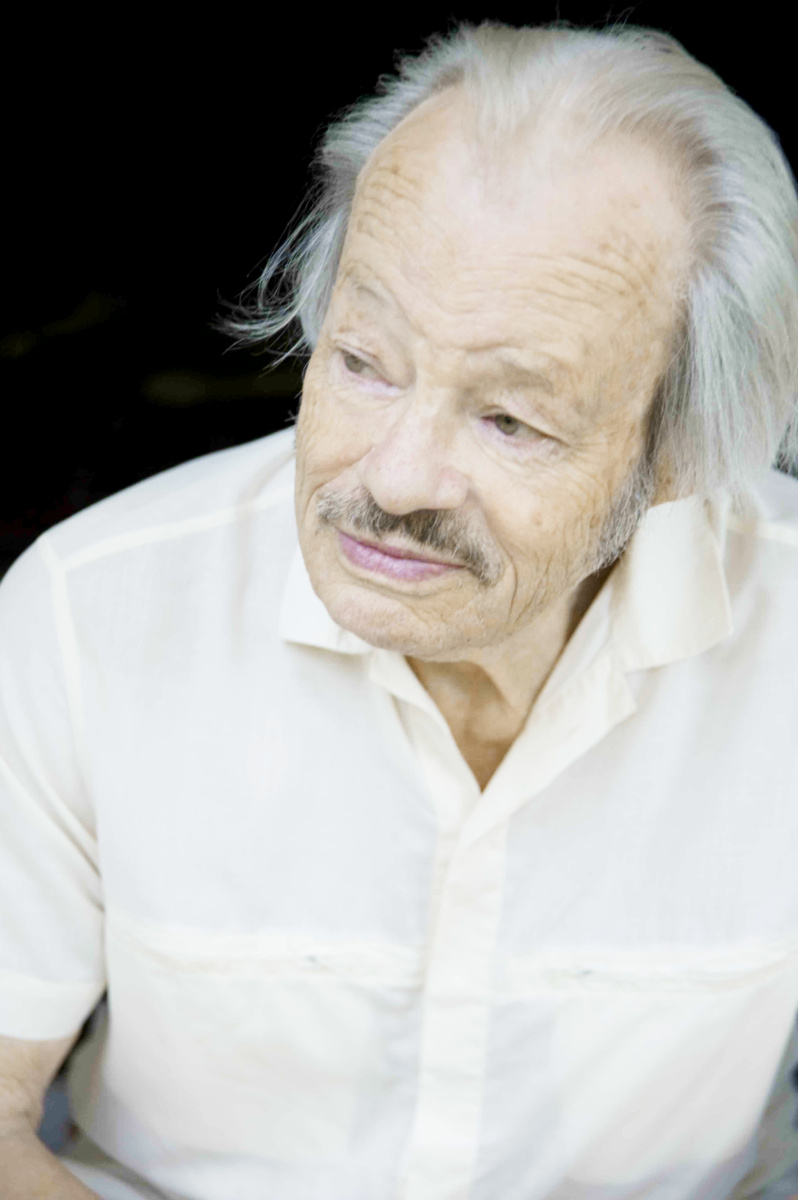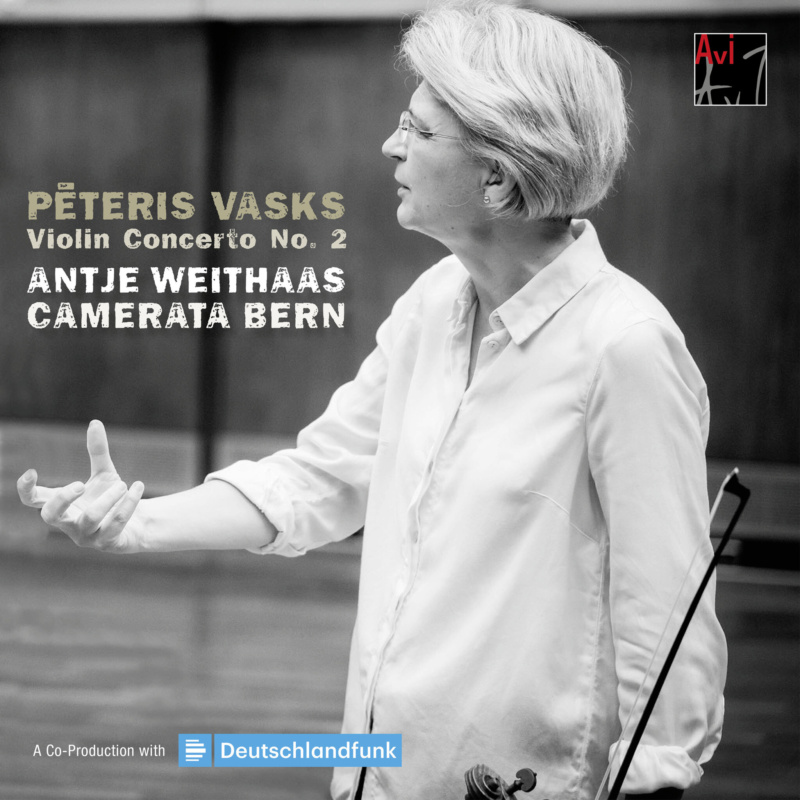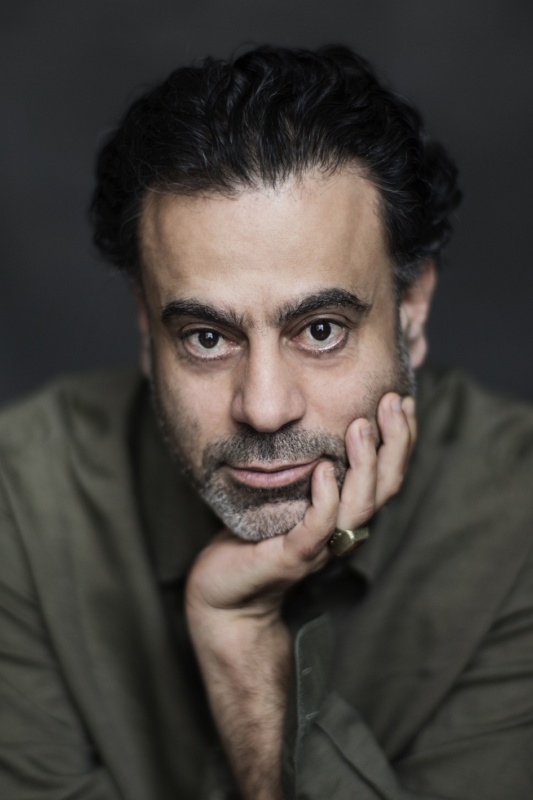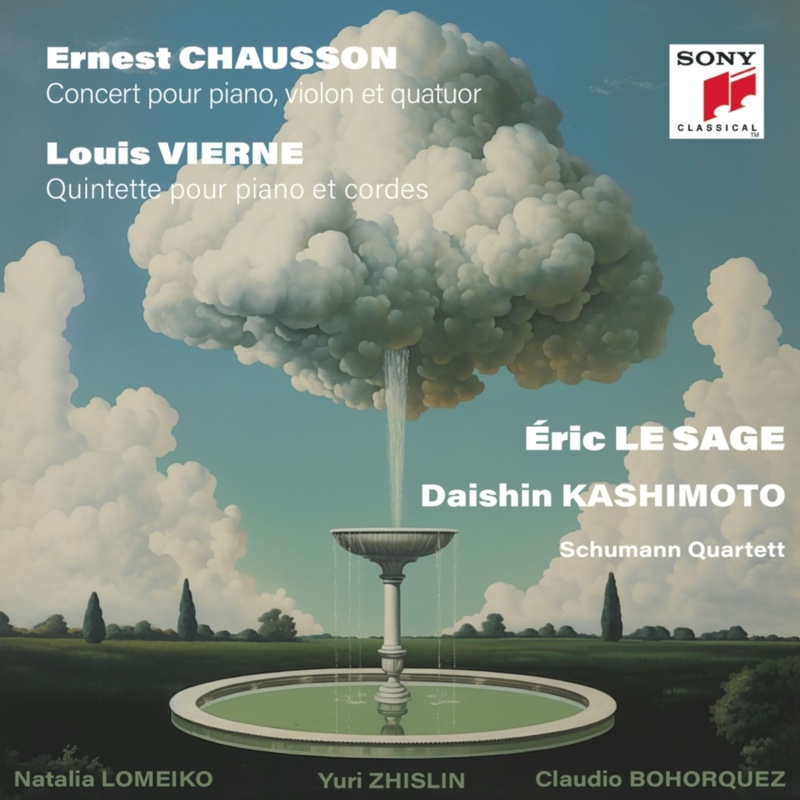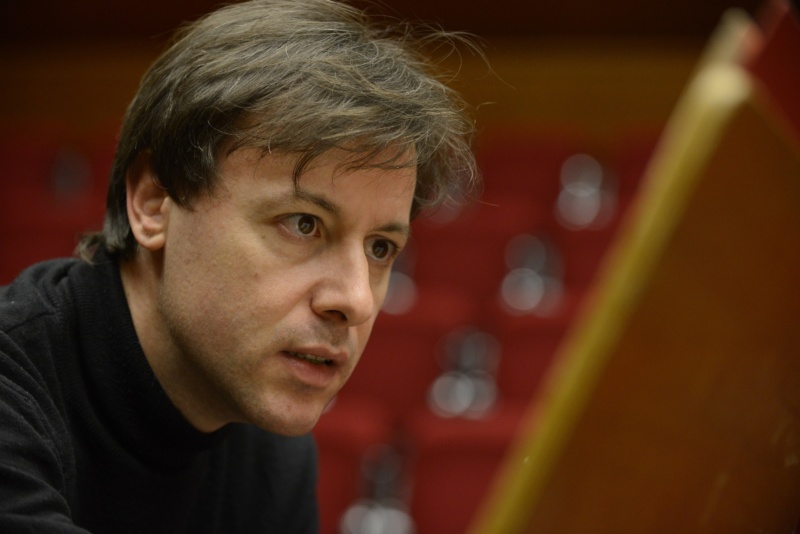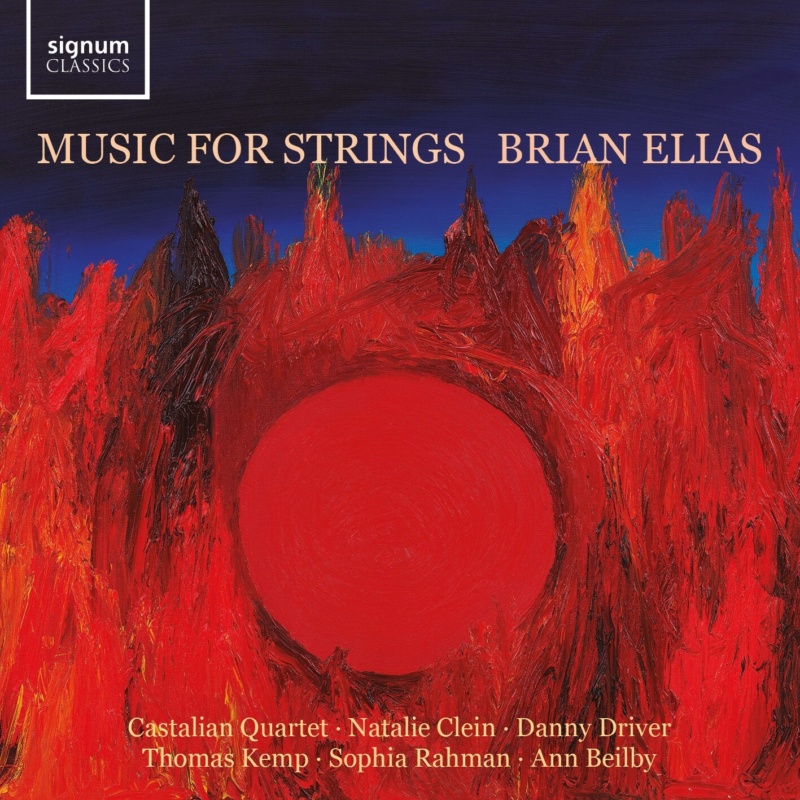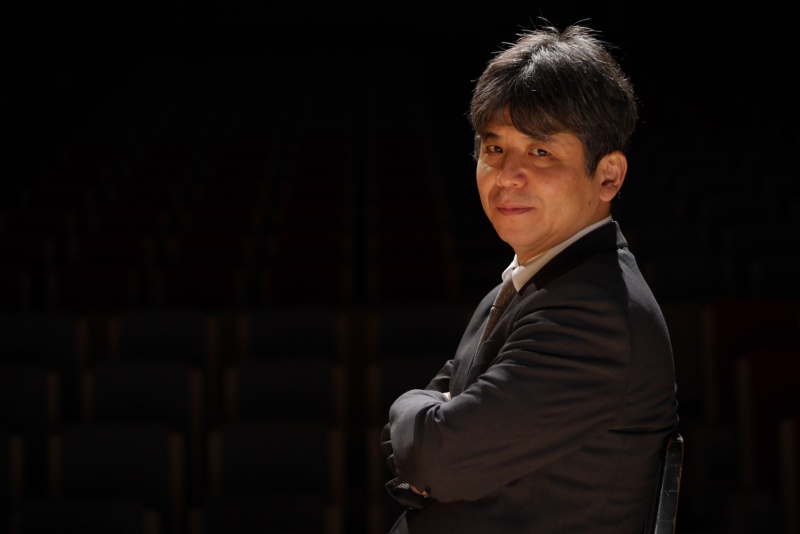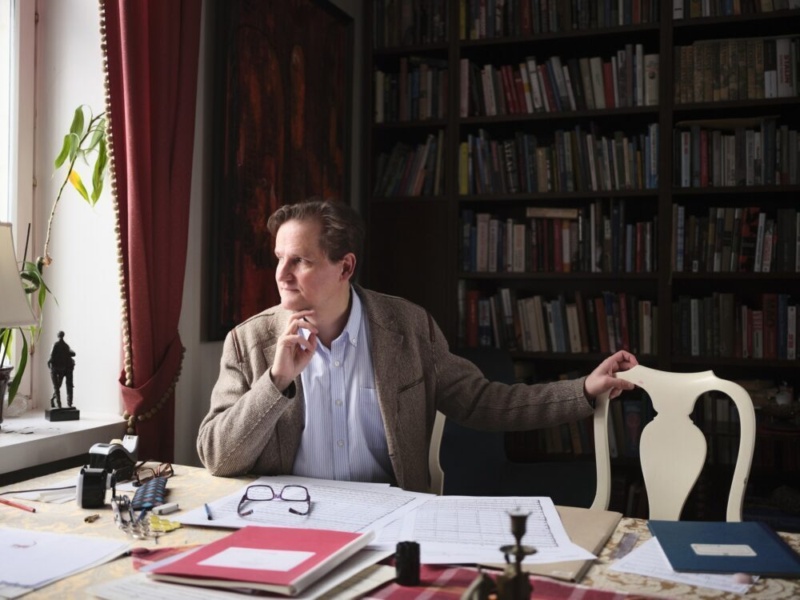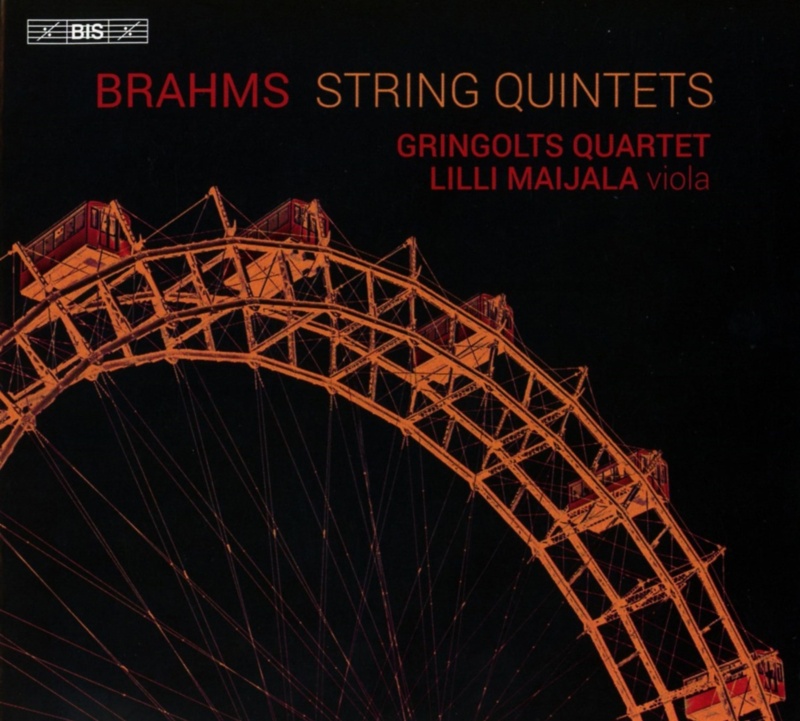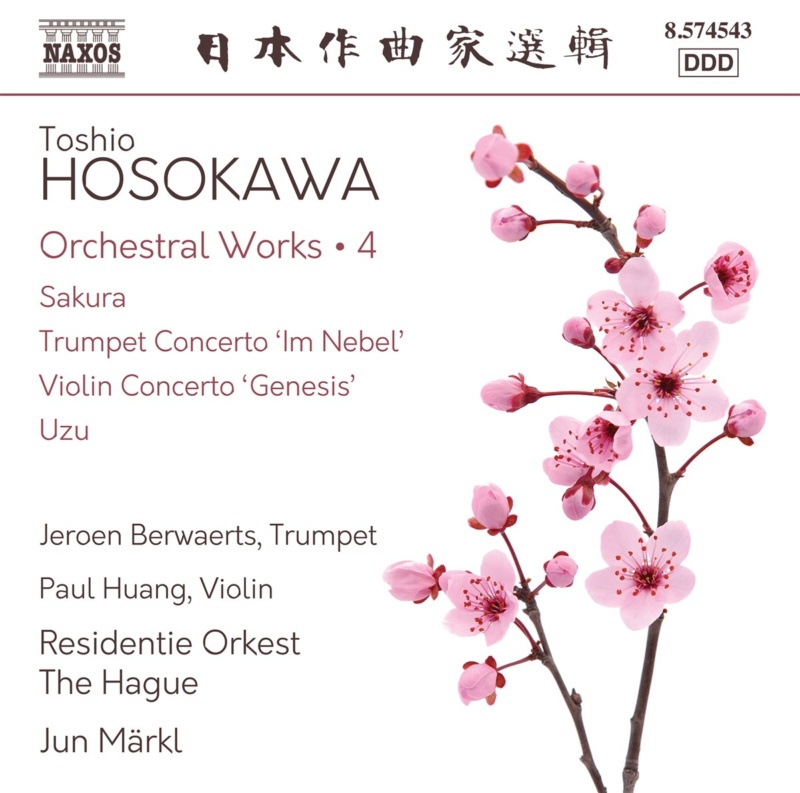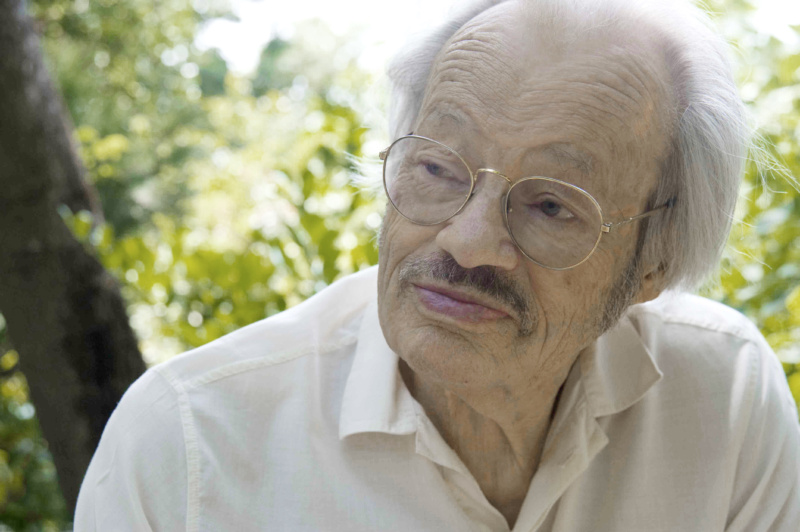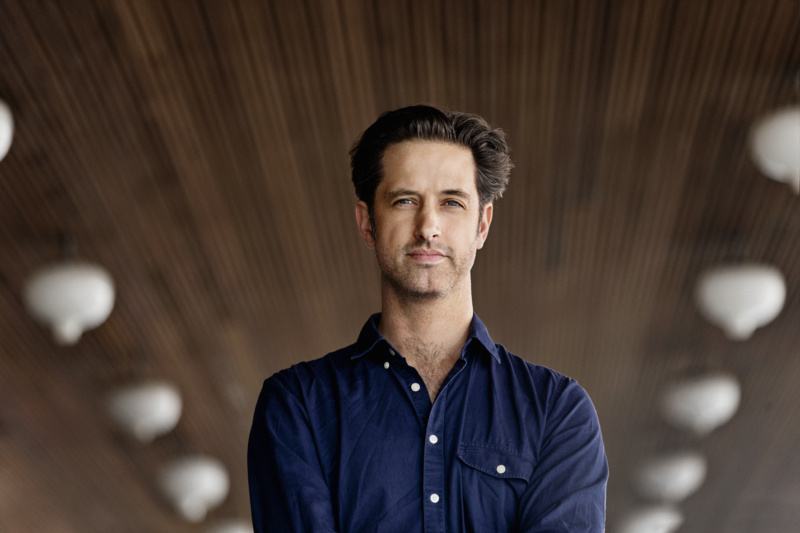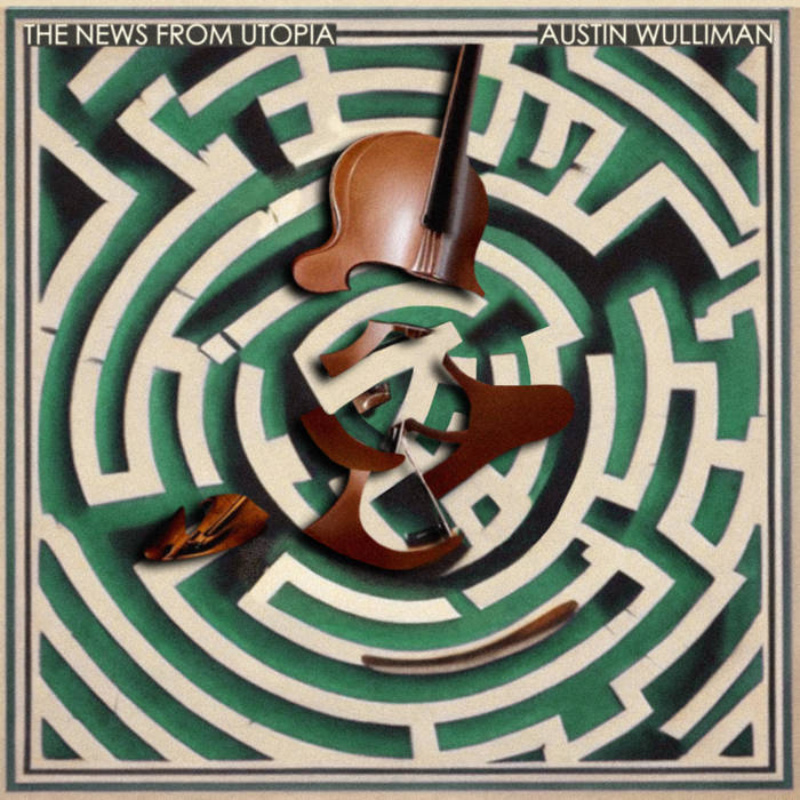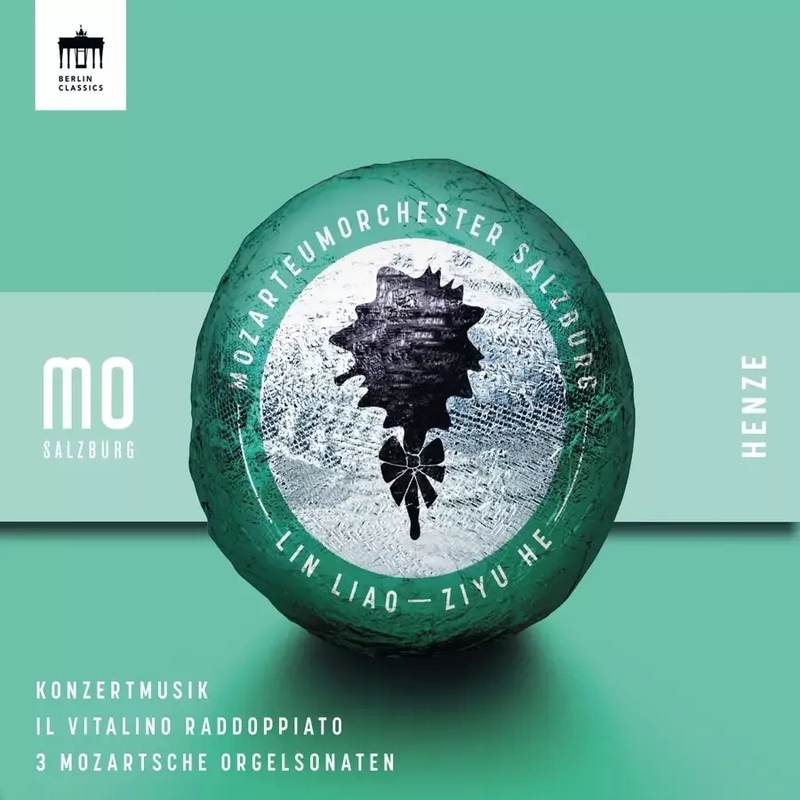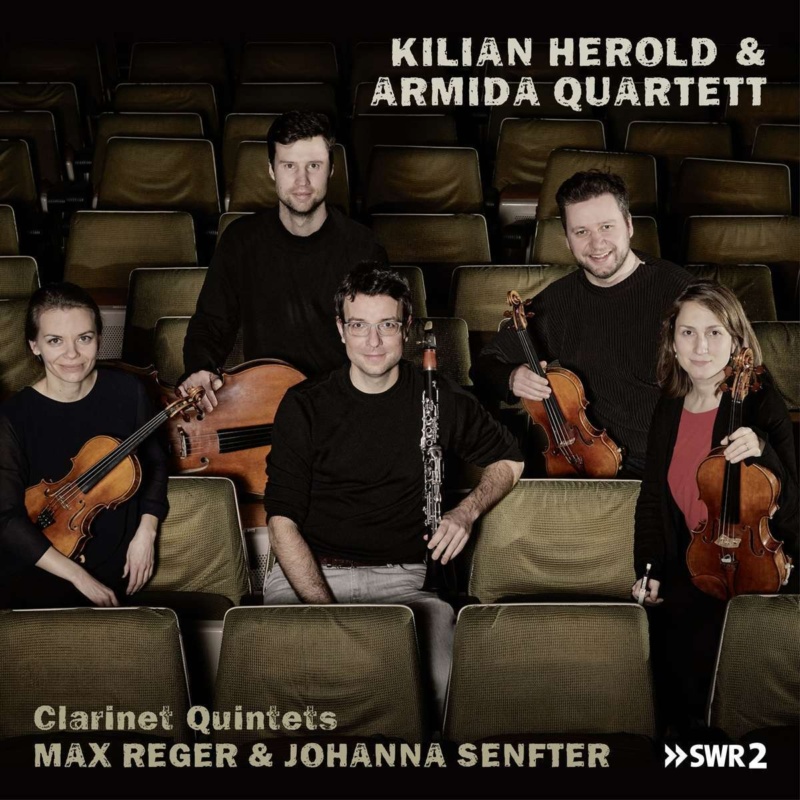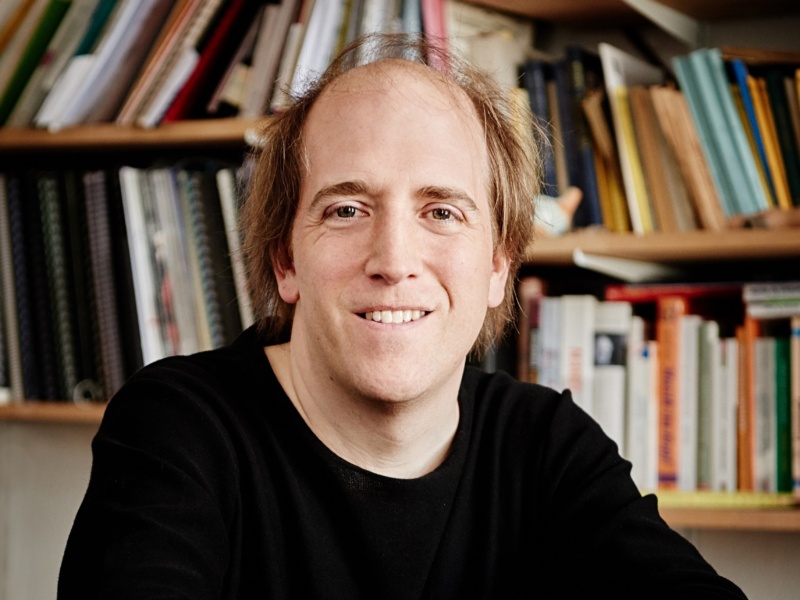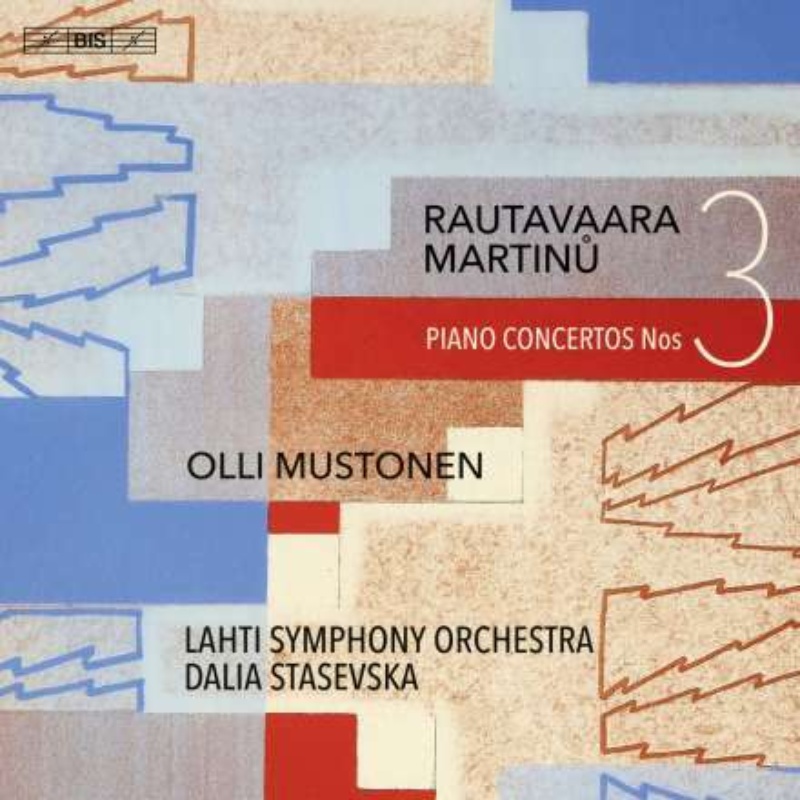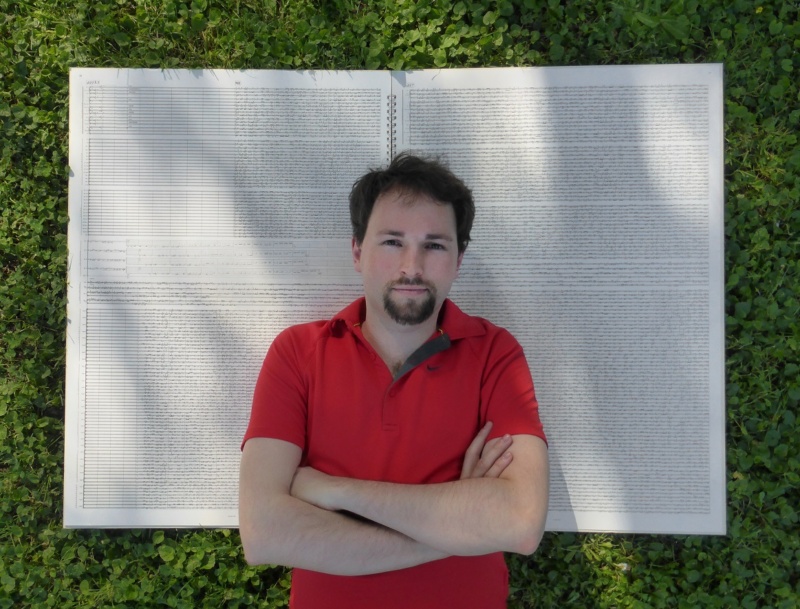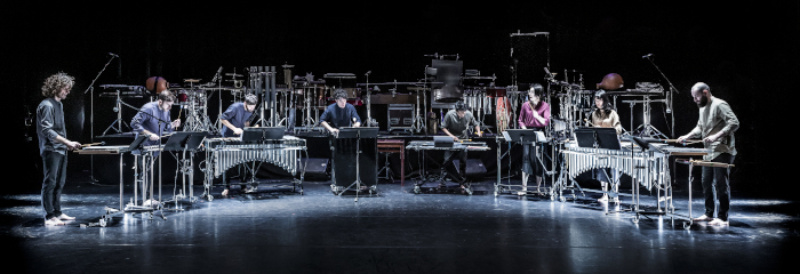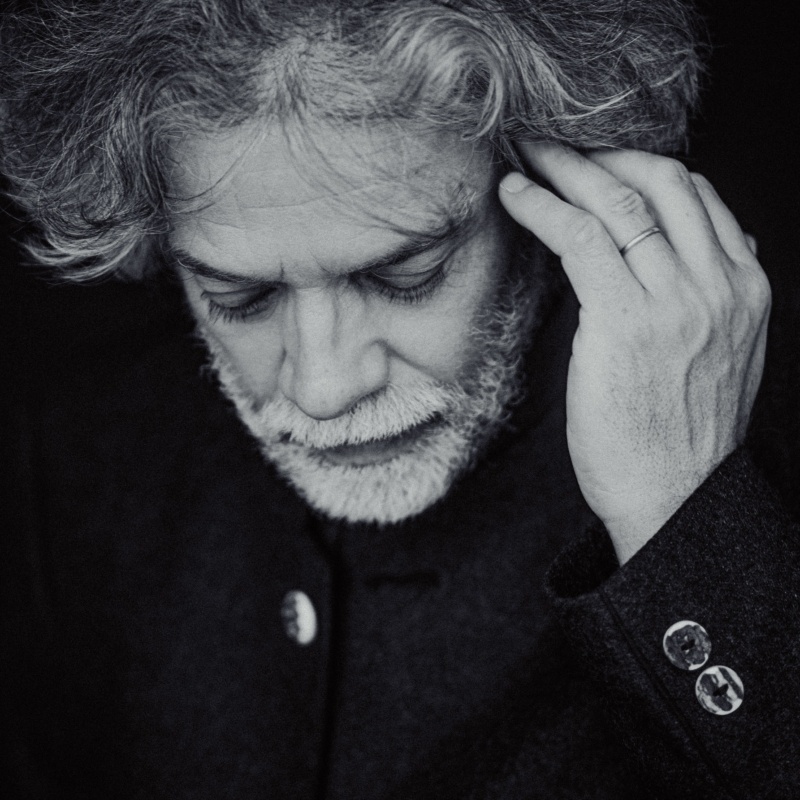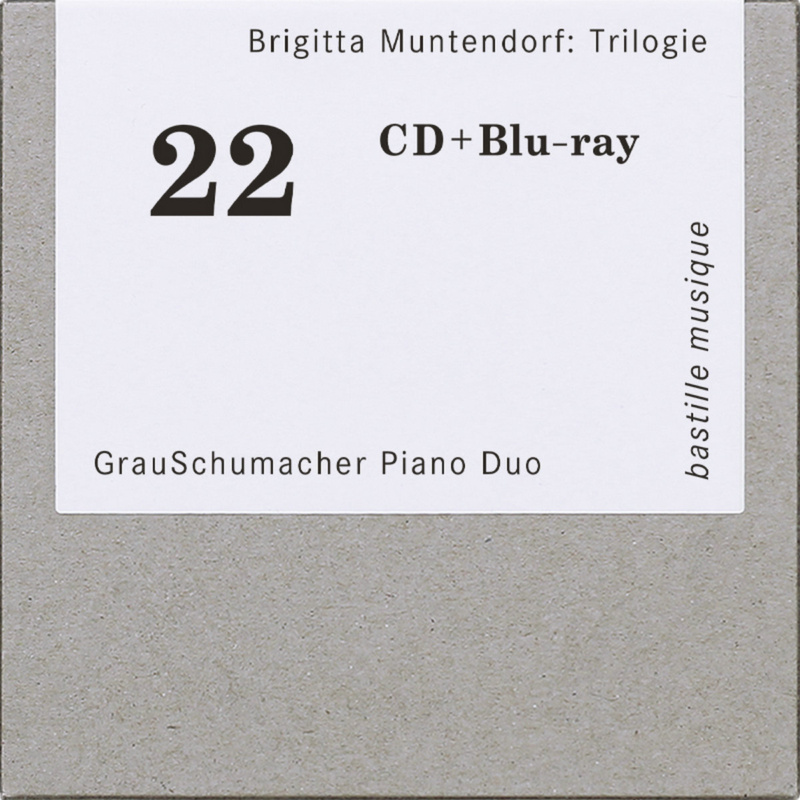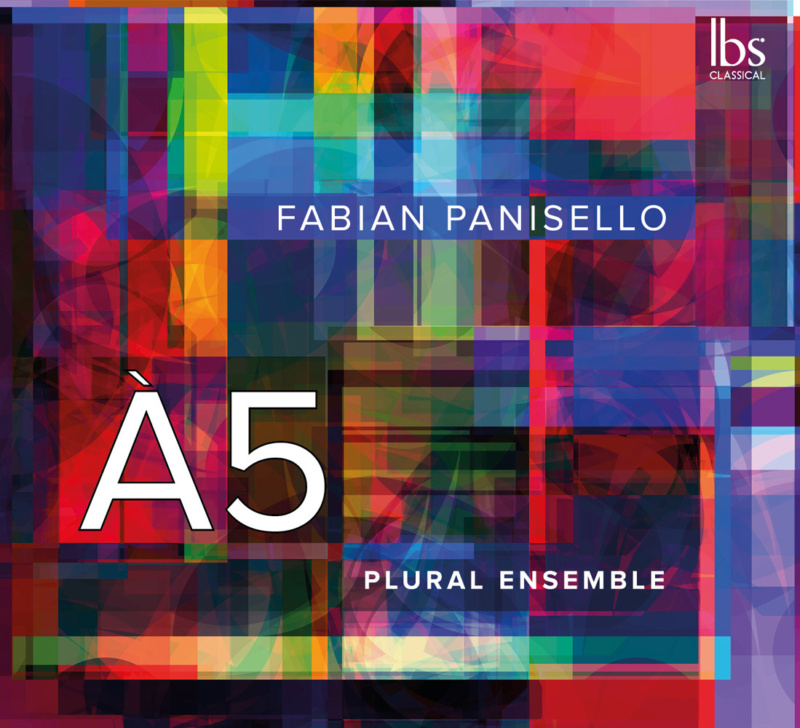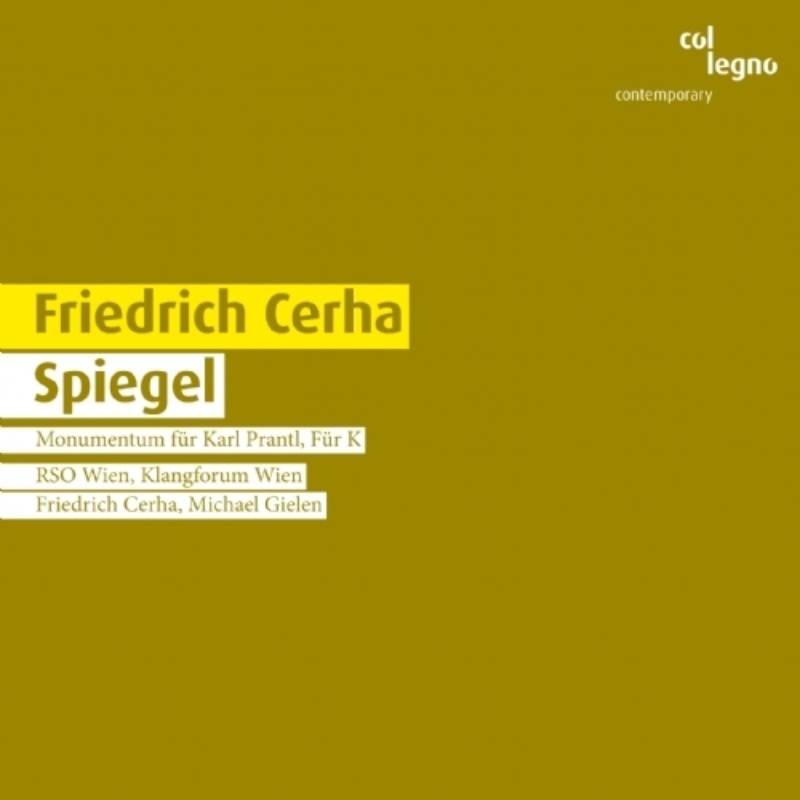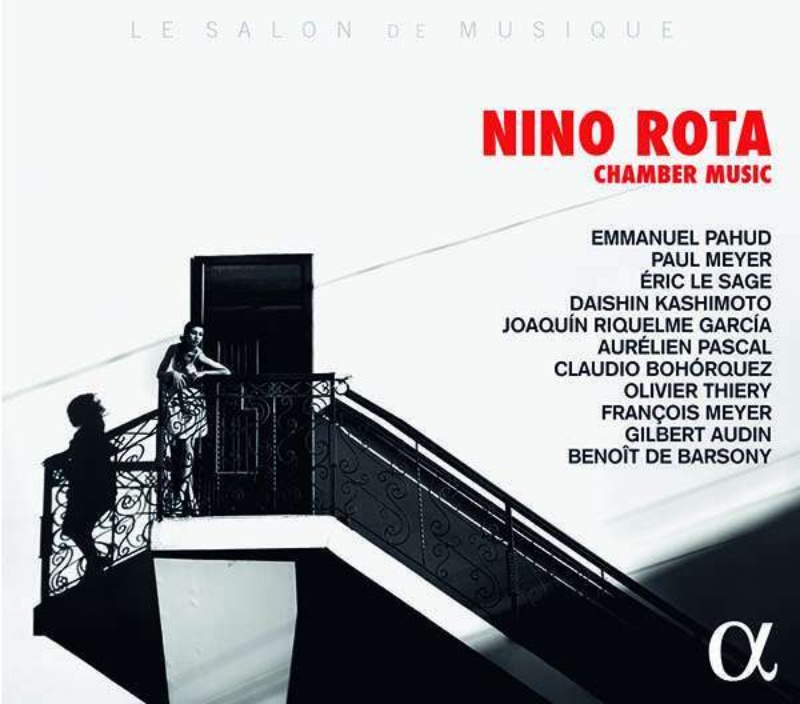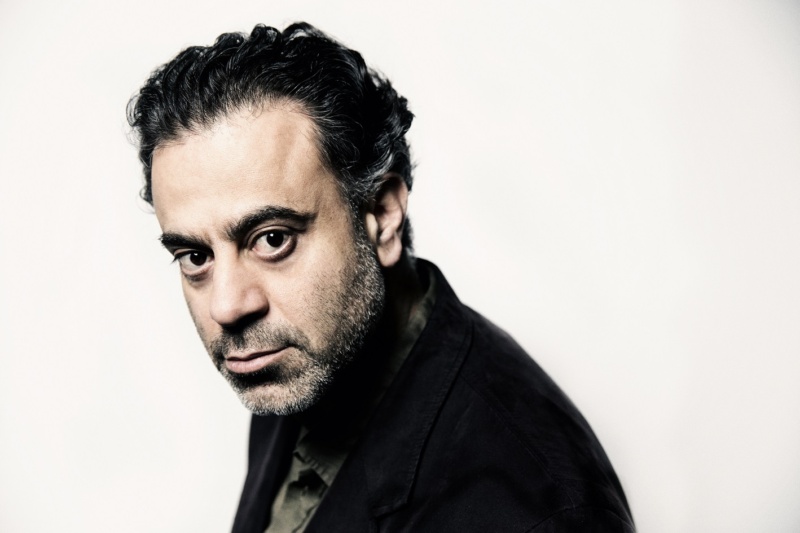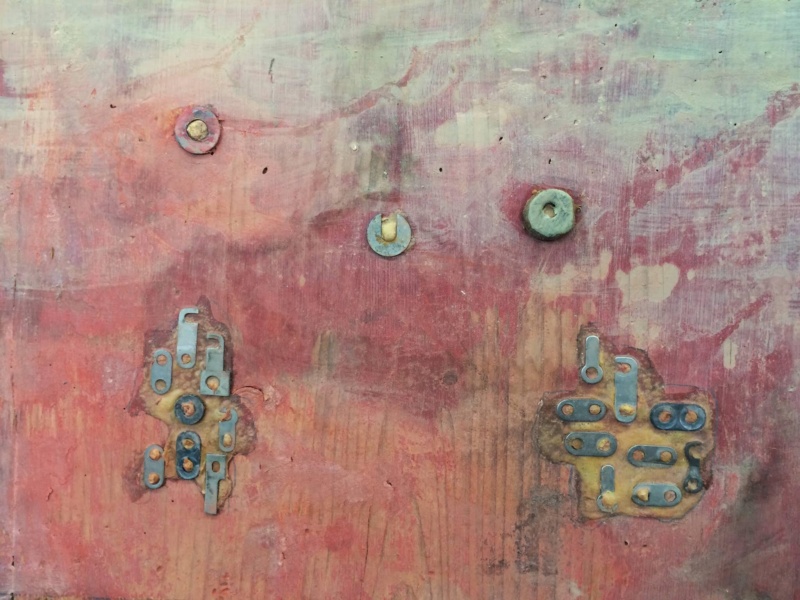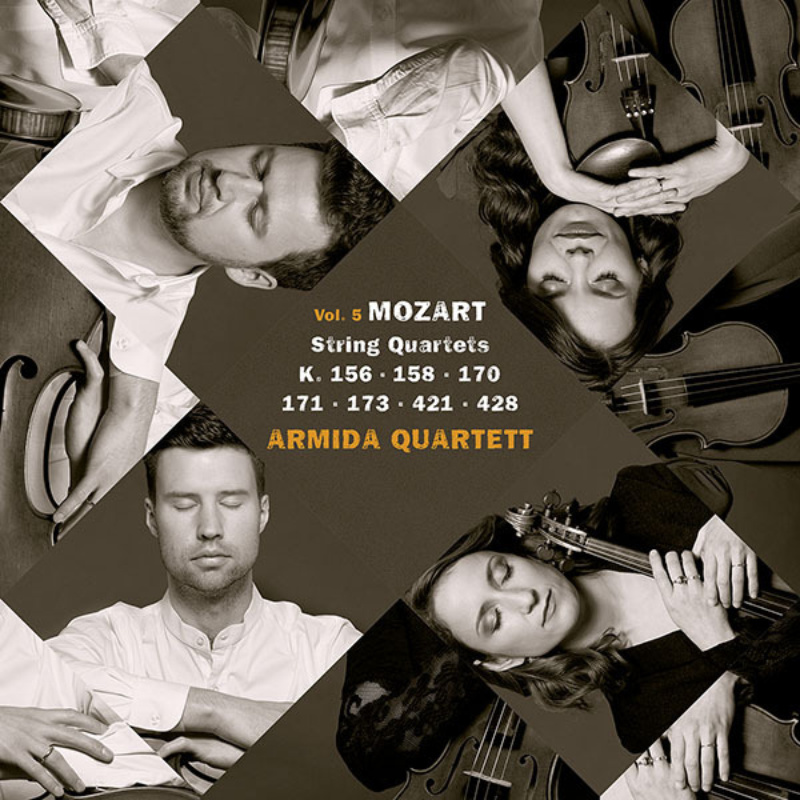"Cerha did not stop at criticising the circumstances, but in many cases gave impulses to change them," writes the daily Der Standard, emphasising the political dimension of Friedrich Cerha's artistic activity, which is also echoed in the Kleine Zeitung: "For him, making music was like breathing [...] As a composer, conductor and scientist, Cerha always proved to have open ears and an open mind, with fine-tuning he sharpened his distinctive tonal language, thinking and acting in an unadjusted and politically critical way."
The Frankfurter Allgemeine Zeitung writes: "His Hungarian colleague György Ligeti once called him a "Viennese understater", pointing out the paradox of small allure and great effect with Austriakian delight in the linguistic tightrope act. [...] An understatement, then, in the wake of Franz Liszt and Ferruccio Busoni - as composer, interpreter, teacher, writer, visual artist, mediator, innovator."
The Neue Zürcher Zeitung says: "Friedrich Cerha renewed music like few others and at the same time tied it back into human and social conditions."
Institutions and artistic partners also commemorate the composer. "Unforgettable are his meticulous attention to detail and complete dedication to beauty of sound, which had a hold even in the most inhospitable territories of New Music," writes Klangforum Wien about its "decisive companion, promoter and inspirer". And the Salzburg Festival says: "This curiosity, this openness and this rejection of all unreflective dogmas was the key to the unbroken topicality of his music."
further obituaries:
New York Times
Süddeutsche Zeitung
br Klassik
ORF
Kurier
Internationale Hanns Eisler Gesellschaft
